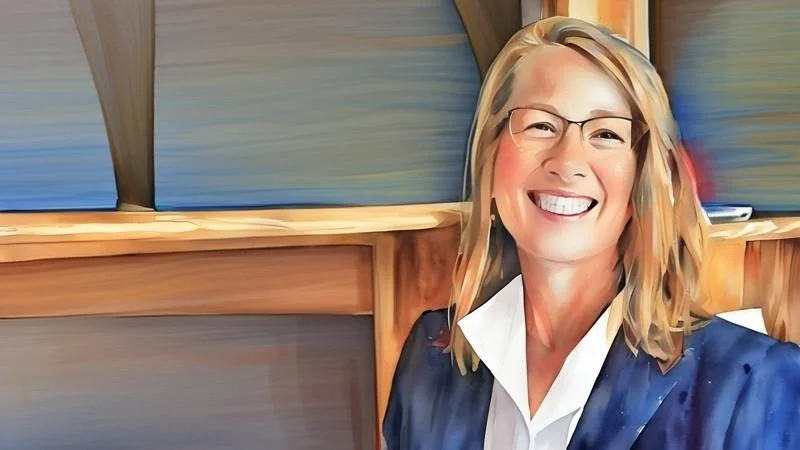Health care debates often orbit cost and coverage while ignoring the architecture of control behind the system. Twila Brase, founder and president of Citizens’ Council for Health Freedom, says that electronic health records, newborn DNA retention, and managed-care gatekeeping shape what care gets delivered, who decides, and how citizens are tracked.
“There is surveillance being conducted today, big time, in our health care system,” she says. “He who holds the data makes the rules.”
Brase is a registered nurse with a master’s in public health and the author of the eight-time award-winning “Big Brother in the Exam Room: The Dangerous Truth About Electronic Health Records.” “I learned about the Clintons’ plan to take over the health care system by putting us all in managed care,” she says of her path out of bedside nursing. “If they take over health care, they’ll take over the country.”
Through Citizens’ Council for Health Freedom, a national patient-centered, privacy-focused health policy organization launched in 1998, Brase restores consent and independence to patients and physicians. “The whole idea here is to protect patient and doctor freedom,” she says.
According to Brase, privacy is at the core. She says government-standardized EHRs weaponize data flows against clinical judgment. “Doctors and hospitals now have the government-certified [record] and it has to be used meaningfully. If they don’t use it meaningfully they do not get fully paid. They have to report all this data on every one of their treatment decisions.”
Brase ties today’s managed-care reality to policy roots. “Ted Kennedy put it in the HMO Act of 1973 and forced all employers with 25 employees or more to offer an HMO and this built up the HMO system.” The result, she says, is not insurance but control. “People think they have insurance when they have a prepaid plan … a corporate version of socialism, because they control the data, the doctors, the dollars and the decisions.”
According to Brase, the government is storing newborn DNA after birth, and parents often do not realize. “Newborn screening is considered the largest population-wide genetic testing program in the country,” she says. “It happens within the first 24 to 48 hours of birth and it gets sent to the state.” She also points to six lawsuits since the testing was discovered in 2003.
The EHR mandate, in her view, enabled top-down rationing. “They needed to socialize the health data before they started socializing the actual care,” Brase says. Protocols and prior-authorization rules then follow. “During COVED, they have to follow protocols. They’re not working for the patient anymore. They’re working for the big systems, the health plans, the government.”
Brase says people can negotiate things when they pay cash. “What people do not have is health insurance,” she says. “Health insurance is a contract, only for insurable and catastrophic events. You put that policy in a drawer and you go and you pay cash for everything else, you can often negotiate.” She calls current exchange products “the Obamacare scam.” “We all have catastrophic coverage at a first-dollar price,” she says.
Brase discusses policy reforms that expand consumer options. “There is some good having to do with the expansion of health savings accounts,” she says, highlighting new room for catastrophic and bronze enrollees. According to her, the reforms protected the Direct Primary Care (DPC) clinics and allowed people to use their HSA. “They solidified the DPC in law by saying they’re not insurance, they’re medical care.” She also encourages integrity checks in public programs.
Brase doesn’t believe physician assistants should be called physician associates. “They are not physicians,” she says. Technical skill matters, yet diagnosis requires deeper formation. “What you really need to know is how to get to the diagnosis and how to put the picture together to know what is happening.”





